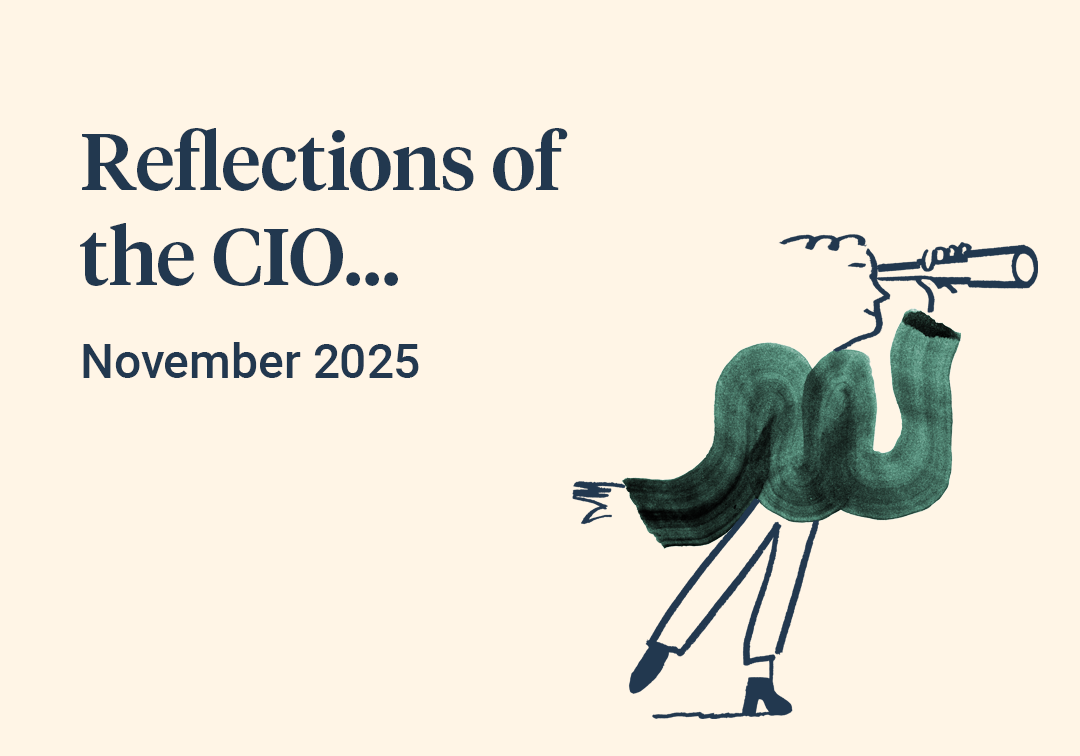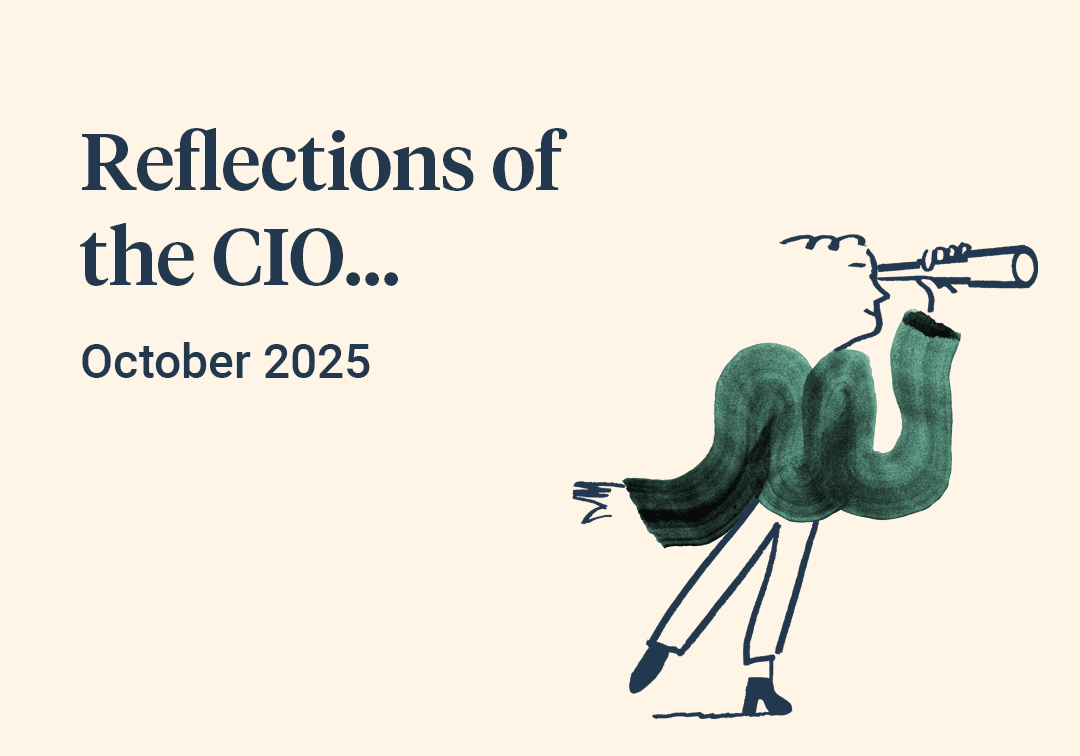July was a solid month for global asset markets in aggregate, but also one with large regional divergences and some hard to explain price movements. Equity markets were strong, shrugging off worries over the delta variant and choosing instead to focus on strong earnings and solid economic growth, particularly in the USA. Bond markets were similarly strong, continuing the trend of the month before of absorbing the impact of record inflation numbers whilst remaining simultaneously relaxed about potential policy changes.
“Equity markets were strong, shrugging off worries over the delta variant and choosing instead to focus on strong earnings and solid economic growth, particularly in the USA.”
The bond market performance on the surface reflects the consensus view that the Federal Reserve is managing the return to a more normal interest rate environment well. Many of the headline inflation drivers also do indeed look to be transitory. However, the strength of the bond rally is surprising, even unusual, given the risks that inflation might persist at these high levels is definitely non negligible. Some commentators are taking the bond market price moves as a signal of difficult times ahead, extrapolating a moderation in the pace of economic recovery into a slide into recession or similar. We think it might have more to do with summer illiquidity meeting central bank intervention, causing prices to move further up than they usually would. As many investors head off on holiday and already low liquidity deteriorates further, we wouldn’t be surprised to see volatility continuing until a snap back in yields to higher levels as we head into Autumn.



